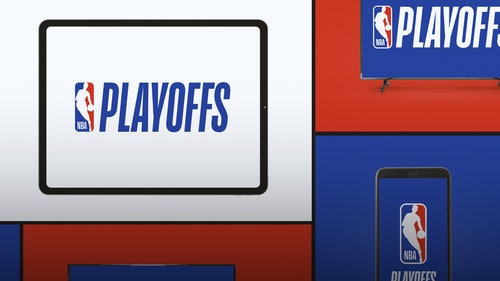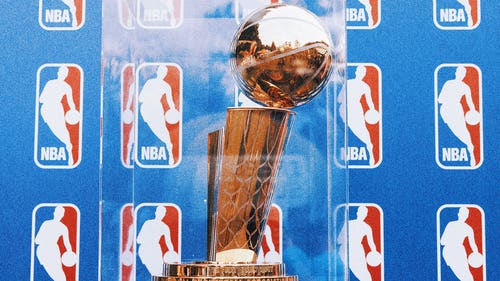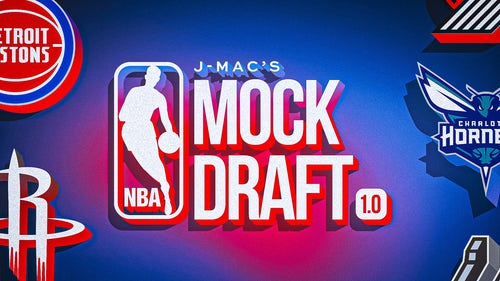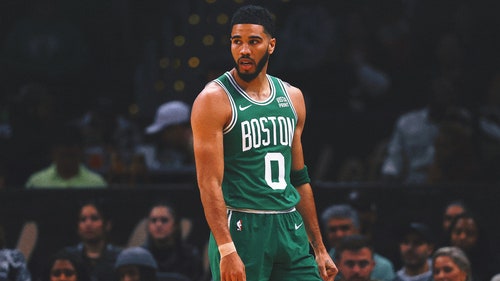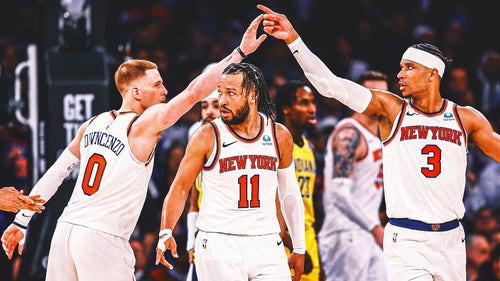
Milwaukee Bucks: Oshkosh Selected As Site Of New D-League Affiliate
Mar 20, 2016; Milwaukee, WI, USA; A Milwaukee Bucks inflatable of mascot Bango flies prior to the game against the Utah Jazz at BMO Harris Bradley Center. Utah won 94-85. Mandatory Credit: Jeff Hanisch-USA TODAY Sports
The Milwaukee Bucks announced Wednesday they will be starting a D-League affiliate team that will play in nearby Oshkosh, Wisconsin. How does this affect the franchise moving forward?
The Milwaukee Bucks took another step into the modern NBA on Wednesday when they announced the purchase of a new D-League team. The yet-to-be-named team will play their home games in Oshkosh, Wisconsin.
The league has witnessed a number of changes and evolutions over the past few seasons, from the extinction of the plodding big man to the three-point revolution.
Analytics have become outspoken departments in many of the league’s franchises, and partnerships with international markets have multiplied the popularity of teams and players.
Over half of the league’s franchises have entered direct affiliations with teams in the NBA Developmental League, and that number is trending quickly towards 30 over the next few years.
Milwaukee is the latest team to make the move, and again fall in line by situating the team nearby their home facility.
Why is Milwaukee joining the stream of teams adding D-League affiliates? What are the benefits to the franchise, both next season and moving forward? These are the questions the Bucks’ management asked themselves, and are worth exploring more.
From the other side, what are the benefits to the Milwaukee Bucks now that they have a D-League team of their very own?
Feb 4, 2017; Phoenix, AZ, USA; Milwaukee Bucks forward Giannis Antetokounmpo (34) dribbles the ball against the Phoenix Suns during the first half at Talking Stick Resort Arena. Mandatory Credit: Joe Camporeale-USA TODAY Sports
Developing Players In Their System
This season, the Milwaukee Bucks have two options to develop their own players, specifically those not yet ready for the bright light of consistent NBA minutes.
The first is to let them run through practices with the team, then spend games whipping towels in celebration of a teammates’ accomplishments.
This approach has the benefit of keeping the players learning within the team’s scheme. If Milwaukee wants their bigs to show on screens, their young frontcourt players can go through drills designed to reinforce those principles.
The downside to this approach is a lack of playing time in competitive situations. Practice can simulate situations, but it’s hard to see how well a player is developing without seeing them in game situations.
Dwight Howard hits every free throw in practice, but when he stands before the crowds he only makes half of them.
The second option is to assign a player to the D-League. Because the Bucks have not had an affiliate team, when they have made assignments – such as this season with Rashad Vaughn – they are placed on another team, which most likely runs a different system than the Bucks.
On the one hand, players receive playing time. Check Diallo of the New Orleans Pelicans has spent the last two weeks on the Greensboro Swarm, the D-League affiliate of the Charlotte Hornets.
He has received consistent minutes, averaging around 30 per game despite a lack of affiliation with the organization.
On the other hand, those players are not reinforcing the system they will soon hope to play in.
In addition, their development is placed in the hands of another coaching staff, rather than under the supervision of personnel hired by the team.
A direct affiliate team in the D-League allows the Bucks to have their cake and eat it too.
They can assign players to the lower levels to get playing time, gaining experience in high-pressure situations and keeping their bodies primed for competitive basketball.
At the same time, the Bucks are able to put into place a coaching staff and organizational personnel that they trust to develop their players well.
Rather than trusting their players to another team, they can ensure any assigned players are trained and played within a familiar system and inside a ring of accountability.
Jan 27, 2017; Toronto, Ontario, CAN; Milwaukee Bucks guard Rashad Vaughn (20) controls a ball as Toronto Raptors guard Kyle Lowry (7) tries to defend during the second quarter in a game at Air Canada Centre. Mandatory Credit: Nick Turchiaro-USA TODAY Sports
They Can Move Players Between Levels Freely
The city of Oshkosh is the center of the Fox Valley area, a growing center for both business and residences.
They have a history of sub-NBA level professional basketball, and are well-positioned geographically to make NBA basketball accessible to the rest of the state of Wisconsin.
The other geographical advantage is the proximity to Milwaukee, as Oshkosh and the new arena will be about 80 minutes apart.
This allows players to freely move between Milwaukee and Oshkosh, a freedom of motion not available to teams without D-League affiliates, or with a team in another state – such as the Miami Heat and the Sioux Falls Skyforce.
More from Hoops Habit
One way this freedom of movement can be utilized is allowing players outside the rotation to practice with the parent team in the morning before driving over and playing in the D-League that night.
Similarly, if a player is currently on assignment and an injury or other event causes a rotational need, that player can be with the parent club in a matter of hours.
With the new CBA adding players on two-way contracts, the need for easy movement between levels is even more important.
Milwaukee made the wise move in setting up a team nearby, while still leveraging a different market to spread its brand.
Jan 27, 2017; Toronto, Ontario, CAN; Milwaukee Bucks guard Rashad Vaughn (20) controls a ball as Toronto Raptors guard Kyle Lowry (7) tries to defend during the second quarter in a game at Air Canada Centre. Mandatory Credit: Nick Turchiaro-USA TODAY Sports
Increased Roster Size
As mentioned above, the new collective bargaining agreement that will go into effect July 1 will allow teams to expand their roster by adding players on “two-way” contracts.
While in the D-League they will make one salary, while playing for the parent team will net them salary on another level.
This allows teams with a direct affiliate to increase its rights to more players. Currently, a team can designate “affiliate” players at the end of training camp, three players who will be assigned to their D-League team if not claimed off of waivers.
These players are not controlled by the parent team, however, and can be signed at any time by any NBA team, whether to a 10-day contract or a longer-term deal.
The Brooklyn Nets assigned Yogi Ferrell to their affiliate D-League squad in Long Island, but were powerless to stop the Dallas Mavericks from signing Ferrell — and seeing him explode into a competent NBA rotation guard.
With control over more players, teams with direct affiliates can better leverage that relationship and allow players to spend the majority of their time in the D-League without either taking up a necessary roster spot or losing them to another team.
Apr 25, 2015; Milwaukee, WI, USA; Fans get ready for game four of the first round of the NBA Playoffs between the Milwaukee Bucks and Chicago Bulls at BMO Harris Bradley Center. Mandatory Credit: Benny Sieu-USA TODAY Sports
Spread Fan Base
As mentioned briefly above, the Fox Valley area of Wisconsin has been home to professional basketball for decades, and was a shrewd choice by the Bucks on a number of levels.
While accessibility was certainly a major factor, D-League teams are also an avenue to income, and Milwaukee leveraged that opportunity well.
Prior to the start of the NBA, a league called the National Basketball League was one of, if not the top professional basketball league in the country. Oshkosh hosted one of the teams, the Oshkosh All-Stars, which saw wild success during a 12-year run.
When the NBL merged with the NBA’s forerunner, the Basketball Association of American, to form the NBA in 1949, the All-Stars folded due to a lack of facilities and resources to match NBA standards.
Since then the Oshkosh area has been home to other minor league teams, including the Wisconsin Flyers of the Continental Basketball Association.
That long-time minor league saw alumni such as Jo Jo White and Raja Bell have successful NBA careers, and even served as stepping points for championship coaches such as Rick Carlisle, Phil Jackson and Kevin Ollie.
The modern basketball presence in Oshkosh is the Fox Valley Pro Basketball association, and the Bucks are purchasing a franchise from that association to base in Oshkosh.
Much like the Charlotte Hornets did by placing a team in Greensboro, the Bucks will hope to leverage basketball fans in the area into becoming diehard NBA supporters.






































































































































